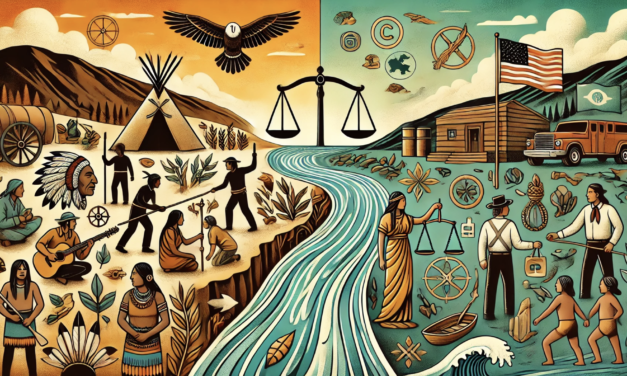Rethinking Spirituality: Cultivating an Ecology of Hope
Modern spirituality should inspire hope and resilience. This essay proposes a spirituality that integrates science, fosters inclusion, and addresses ecological crises. By embracing our interdependence and the sacredness of life, it offers a credible, liberating framework to reconnect with nature and align humanity with a flourishing, sustainable future.
Read More





